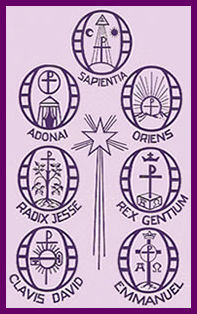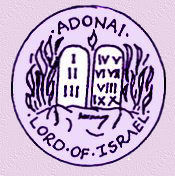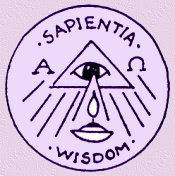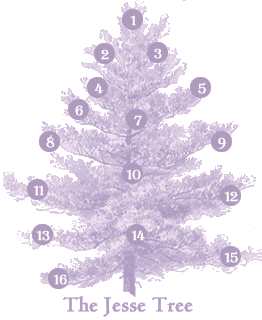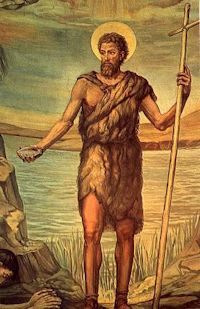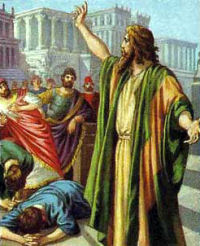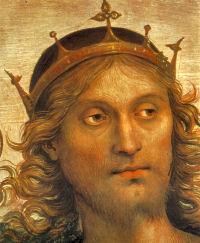Third Week of Advent
Wednesday 18th
2013
First Reading
Isaiah 46: 1-13
Second Reading From the writngs of Cardinal Jean
Danielou, S.J. (Le Mystere de L’avent, 126-126-128)
Who
is yet to come?
The mystery which we are now living in the world is the mystery
of Christ’s gradual coming to every soul and every nation. Christ has indeed
come, but he remains always the one who is yet to come. Come he has, but not
completely. Thouh the expectation of Israel has been fulfilled, Israel is still
waiting. We are for ever in the season of Advent, awaiting the coming of the
Messiah. The Messiah has come, but he is not yet fully manifested either in
our individual souls or in the human race as a whole. Just as Jesus was born
according to the flesh in Bethlehem of Judea, so he must be born according to
the spirit in the soul of each one of us. The whole mystery of the spiritual
life lies in the continual birth of Jesus within us. We must be always
transforming ourselves into him, making our own the sentiments of his heart and
the judgments of his mind. To be a Christian means to be gradually changed into
Christ so as to be truly children
of the Father.
. Similarly in regard to humankind as a whole, Jesus has not yet
fully come. He has come to some peoples, but not to all. In some parts of the
human race Jesus is still unborn. The mystical Christ is not yet complete; he
is still imperfect, lacking members. Therefore the Church's missionary prayer is for
the coming of Christ to the whole world, so that his body may attain its full stature.
Now what is true of the preparation for the coming of Christ in
the flesh is also true of the spiritual preparation for his coming to our souls,
and the preparation for his spiritual coming in his entire mystical body, for
God's plan is an integral whole. And just as Mary played an important and altogether
special role in the physical birth of Jesus, since she gave him the flesh in
which he was born (here we touch the heart of the mystery of the Virgin), so
Mary continues to play an important role in the preparation of each subsequent
coming of Jesus. She is always
present wherever he is to come.
This applies in the first place to the souls of each one of us. We
may truly say that Mary has a special part to play in our spiritual lives,
because it is she who prepares for the coming of Jesus in us and who gradually
forms him in our souls. But as well as her relationship to individuals, Mary
also has a part to play in the coming of Christ to the peoples whom he has not
yet reached. Here we touch upon the missionary aspect of the mystery of Mary.
The mystery of our Lady is that she was there before Jesus was. She was
in Israel before him. In her, if one may so express it, there was already a
secret presence of Jesus in Israel before his actual birth, since she was
already perfectly united with him and there was no part of her life that was
not wholly his. She was present, then, during the time before the incarnation, and so,
since she is a figure of the Church, of humankind redeemed by Christ,
it seems as if in some way the Church must have existed before even Jesus was
born. We can see, then, the part our Lady is to play among pagan peoples: the
Church has not come to them, Jesus has not yet come to them, yet the Church is
there, because Mary is there.
Responsory Lk 1:45-46; Ps 66:16
Blessed are you who have believed that the Lord's promises to
you would be fulfilled. And Mary said: + My soul proclaims the greatness of the Lord.
V. Come, and listen, and I will tell what great things God has
done in me. + My soul proclaims, ..




